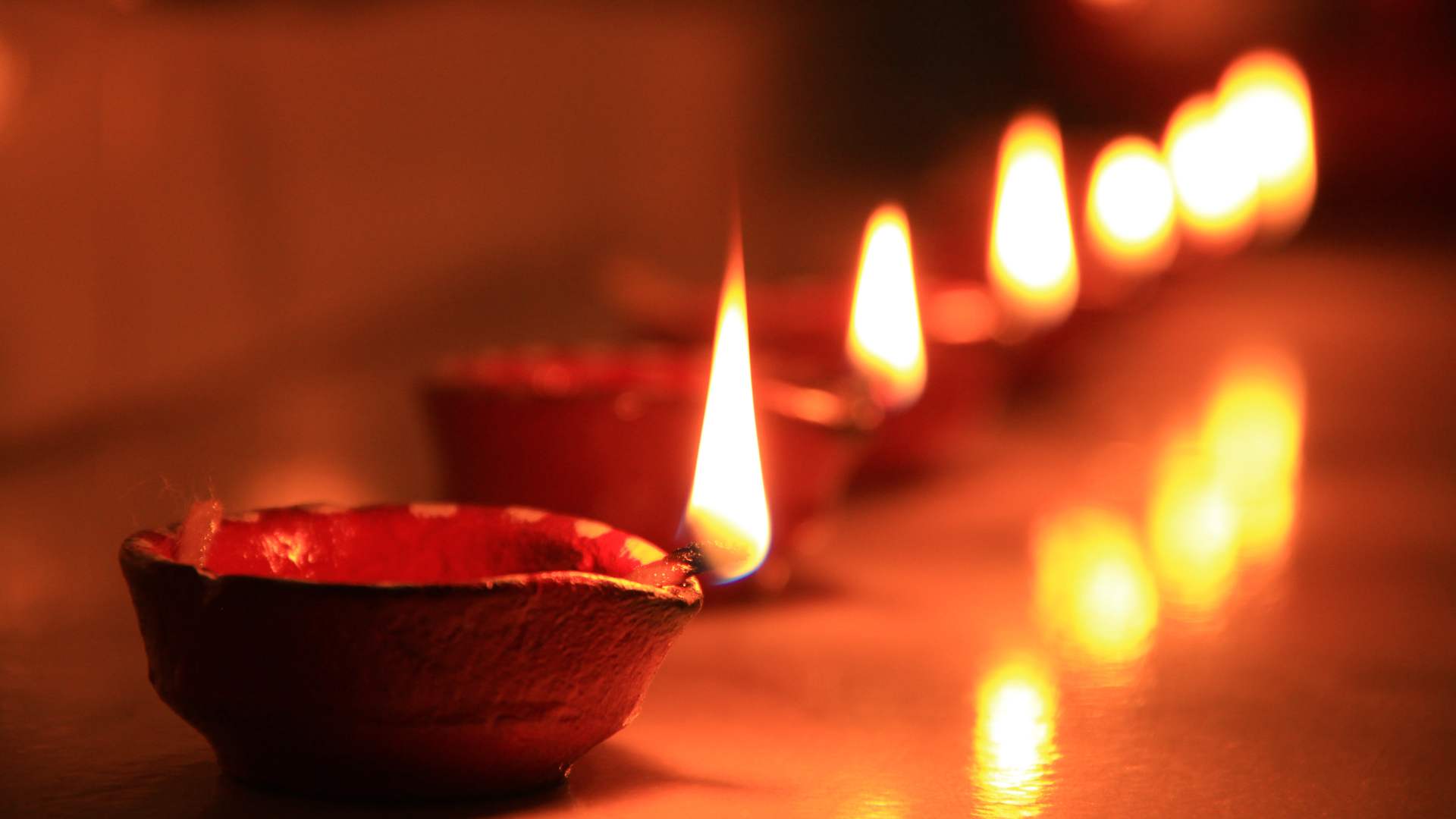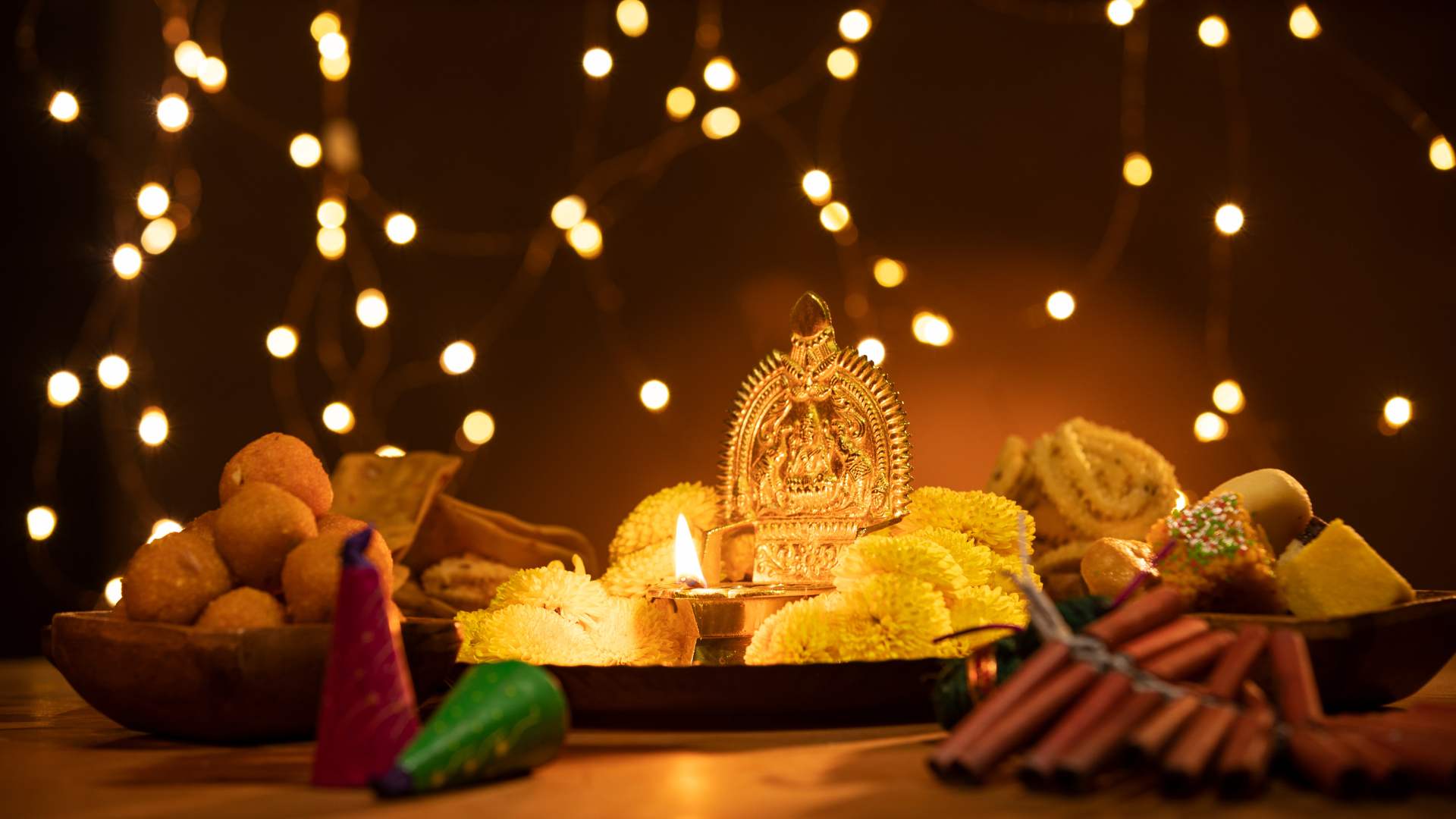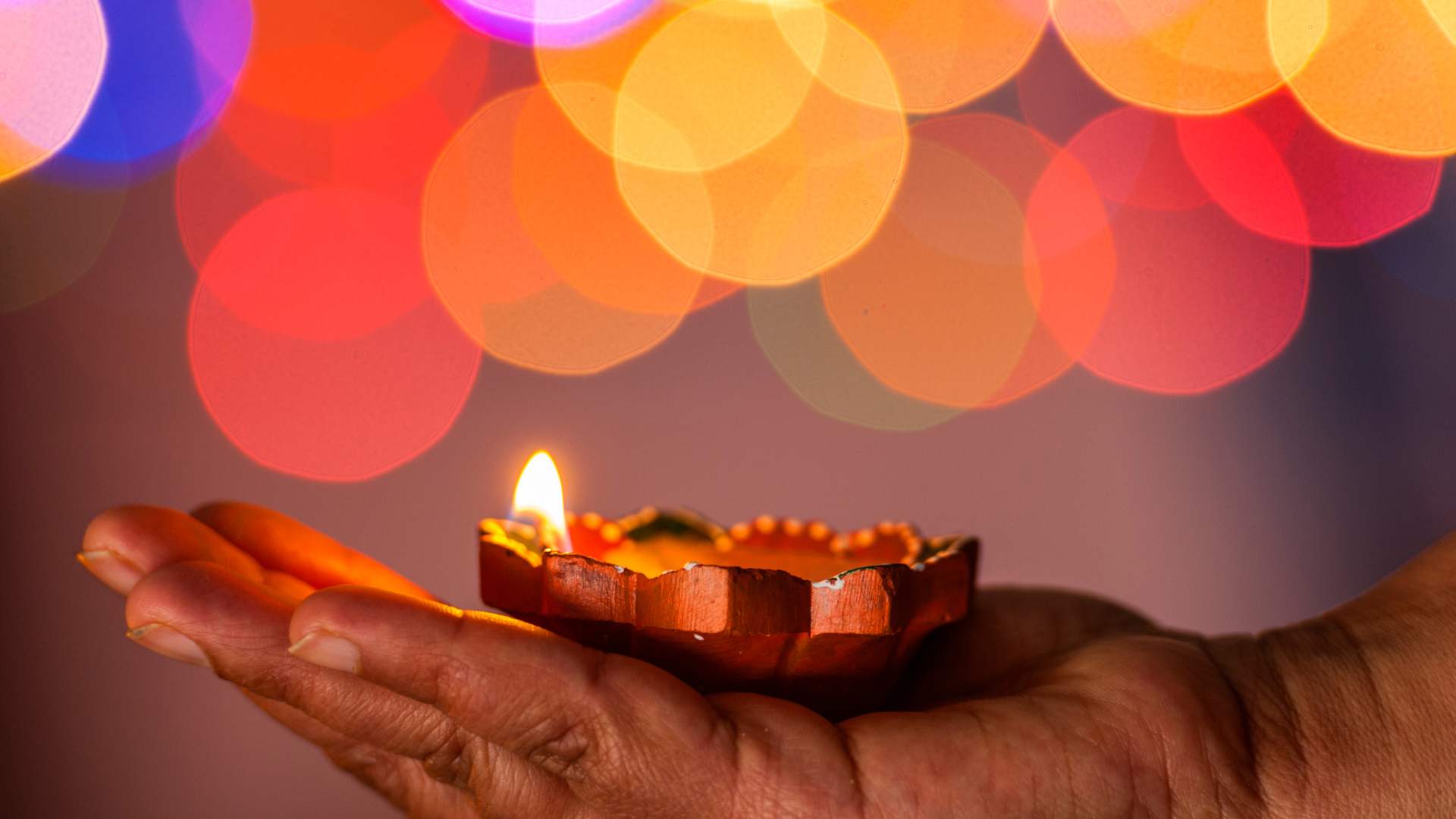
Diwali in SA: What is this colourful festival and why is it celebrated?
Diwali in South Africa is more than a religious observance – We shine a light on this beautiful festival and why it’s celebrated…

Diwali, or Deepavali, the Hindu festival of lights, is celebrated with great enthusiasm across the world, including South Africa, where it holds a special place among the country’s diverse cultural celebrations.
Observed primarily by South Africa’s Indian diaspora, Diwali has become an incredibly significant part of the nation’s cultural fabric, blending tradition with a unique South African influence. Here’s a look at the history behind the holiday in South Africa and why it’s celebrated…
A festival rooted in history and tradition

The celebration of Diwali in South Africa can be traced back to the 1860s, when Indian labourers, many of whom were Hindu, were brought to the country by British colonizers to work on sugarcane plantations in the Natal region.
Over the years, these early settlers preserved their traditions from India, and the celebration of Diwali became a way to maintain their connection to their heritage and pass it down to future generations.
Today, Diwali is celebrated widely by South Africa’s Indian community, which includes Hindus, Jains, Sikhs, and also Buddhists who see the festival as an opportunity to honour religious stories and symbols of light overcoming darkness and good triumphing over evil.
Celebrations: How is Diwali celebrated in SA?

Diwali in South Africa follows customs similar to those in India, but it also has local elements that reflect the country’s unique multicultural identity.
Preparations for Diwali typically begin days or even weeks in advance. Houses are thoroughly cleaned and decorated with clay lamps, also called diyas, as well as rangoli – colourful, intricate patterns made with multi-coloured powder or flowers at entrances to welcome prosperity and joy.
On Diwali night, families gather to pray to deities such as Lakshmi, the goddess of wealth and prosperity, and Lord Ganesha, the remover of obstacles. The Hindu community also believes that lighting the diyas on Diwali helps keep the family protected, brings luck and enlists Lakshmi’s blessings for wealth, prosperity and success.
In places like Durban, which has the largest Indian population in South Africa, neighborhoods come alive with communal celebrations, often with cultural performances, traditional dances, and street fairs that showcase Indian food, fashion, and crafts.
A symbol of hope and new beginnings

As a festival of light and renewal, Diwali also holds a special resonance in South Africa, a country that has its own history of overcoming darkness and division.
The festival serves as a reminder of resilience and hope, resonating with many South Africans regardless of religious affiliation.
In essence, Diwali in South Africa is not only a celebration of Indian heritage but also an embodiment of the country’s values of diversity and togetherness. It serves as a beautiful example of how traditional festivals can adapt and flourish in new settings, bringing people together and shining a light on the beauty of cultural exchange.